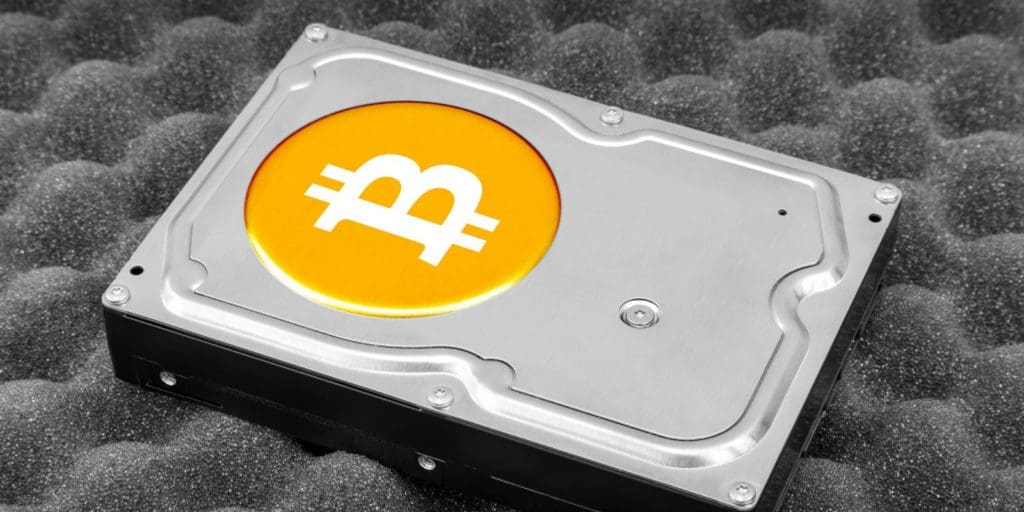A hardware wallet is a cryptocurrency wallet. Some hardware wallets also support other digital currencies in addition to bitcoin.
Most hardware wallets are “cold storage” devices with an external connection option to facilitate transactions. In addition, some hardware wallets have additional security features, such as a PIN code or a biometric mechanism for transaction authorization.
Hardware wallet manufacturers typically advertise the isolation of private keys from the internet as one of the main advantages of such devices. Although some experts believe private keys should be wholly disconnected from the internet to minimize security risks, others point out that offline devices are still susceptible to physical theft and hacking attacks. All currently available hardware wallets may be susceptible to specific attacks if the device is stolen or hacked. You can visit http://thecryptopunks.com/ and start your trading journey.
The bitcoin mining relation
Although it is necessary to store your private keys securely, it is also essential that they can be assessed quickly and efficiently. For example, in some cases, you may need to access your private keys immediately after receiving a transaction. Otherwise, you may miss the chance to confirm and validate the transaction quickly enough and risk losing the opportunity to claim a bitcoin reward.
Some hardware wallets have implemented various features that facilitate quick transactions. For example, the Keep Key hardware wallet allows you to use a shorter recovery phrase for transactions that do not involve UTXO changes. Still, many hardware wallets require a long phrase, even for small transactions, which may be inconvenient.
Hardware wallets are generally not made for sending and receiving bitcoin frequently. And in fact, some people have voiced concerns about the ability of cold storage devices to handle the strain of regular cryptocurrency use. Therefore, if you plan to use a hardware wallet as your primary device for sending and receiving bitcoins, you should carefully weigh your decision against other options, such as an online wallet or mobile bitcoin wallet.
Why should bitcoin miners have a hardware wallet?
You must keep the device with its private keys secure and safe. One good way to do this is by storing it offline, out of the reach of any potential hackers or thieves.
Because hardware wallets store your bitcoin with their private keys on an external device, they are convenient as long as they are “online” (connected to the internet). However, if you plan to send and receive bitcoin using such a wallet regularly, you should consider another option, such as an online or mobile wallet.
Famous hardware wallets a bitcoin miner can choose;
- Ledger Nano S:
The Ledger Nano S also has a ledger feature that can create and manage complex transaction histories. Moreover, the Ledger Nano S provides users with advanced security features, including fingerprint authentication, PIN code protection and an embedded micro SD card for additional storage space. In addition, the Ledger Nano S requires using Google Authenticator for two-factor authentication to prevent unauthorized access to your private keys.
- Ledger Nano X:
It is another hardware wallet by Ledger with a slightly different architecture from its predecessors. The Ledger Nano X has a touchscreen, Bluetooth support, an improved random number generator, and a more advanced security chip (ST31).
- TREZOR:
The original TREZOR hardware wallet was released in 2014 and has been improved to include modern security features, such as a touchscreen and more options for recovery purposes. Like other bitcoin wallets, the TREZOR device can be used to both send and receive bitcoin payments. However, it also lets you keep your private keys utterly secure because it never exposes the private keys that allow users to access their bitcoin funds.
- KeepKey:
Keepkey is a hardware wallet connected to the internet and allows you to store your private keys online. This wallet supports multiple cryptocurrencies, including Bitcoin and Ethereum. The Keepkey device can also have a use case to generate private keys offline. Furthermore, the KeepKey hardware wallet provides an RFID security layer as additional protection against theft or hacking. The Keepkey device has a touchscreen and various additional security features, including PIN code protection, fingerprint verification and an optional second PIN code.

